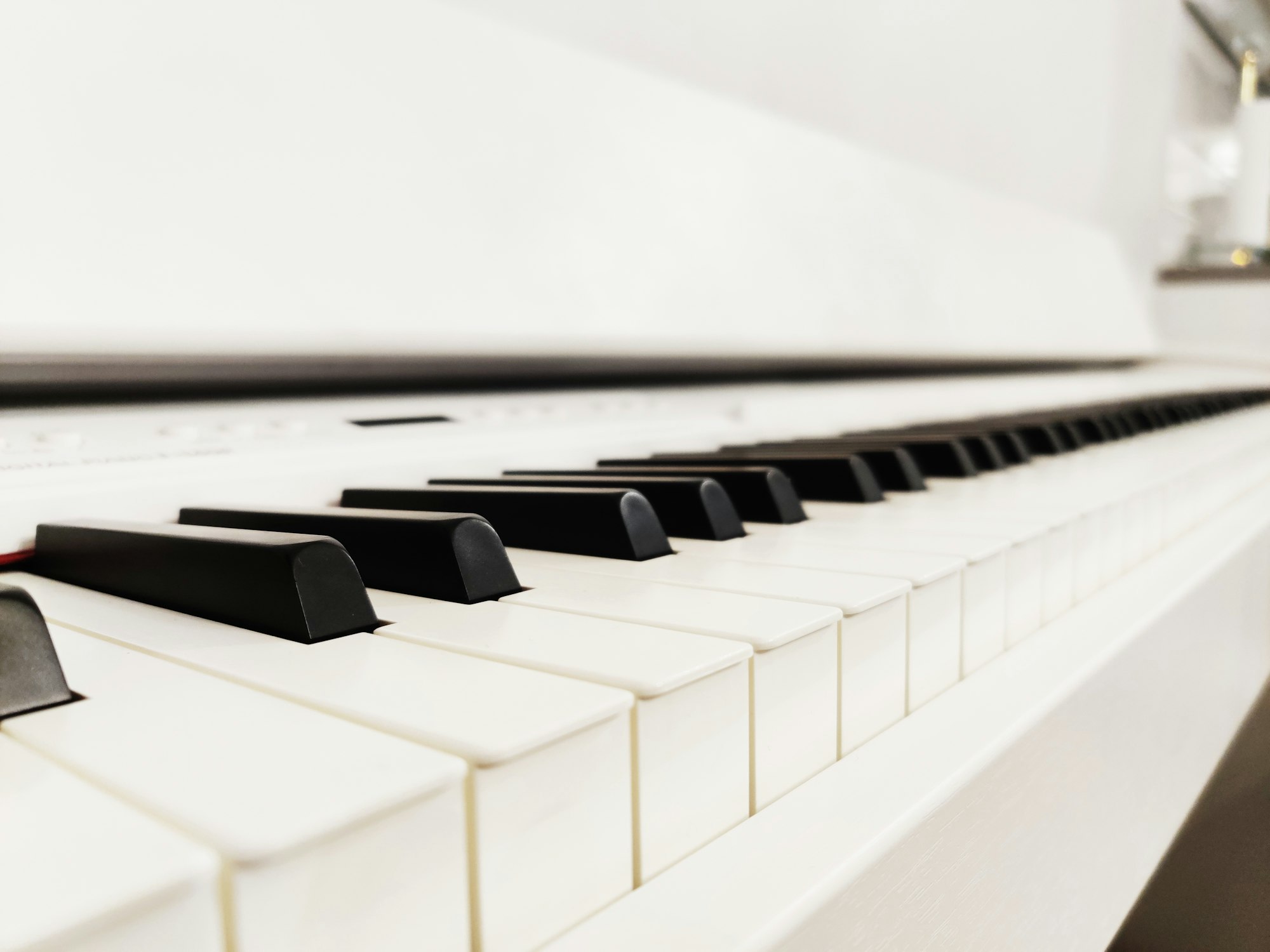The Sound of a Woman

A woman with a voice is by definition a strong woman. But the search to find that voice can be remarkably difficult.
- Melinda Gates
One thing that many trans women find difficult to cope with as part of their transition is their voice. You can look like a perfect lady, but, if you open your mouth and a deep, masculine voice comes out, it rather destroys the image you're trying to present.
This is one aspect of transition where trans men have it easier; if they're on testosterone, one of the hormone's effects deepens the voice, much as it does in boys at puberty. Unfortunately, female hormones do not have the same effect on voice; this is one argument for allowing young trans girls to go on puberty blockers, to preserve their voice from the effects of puberty. Trans women who transition as adults, though, have to deal with it in a different fashion.
Some women opt for surgery on the vocal cords, to tighten them up and raise the pitch of the voice. This, of course, carries all the risks, costs, and issues of any major surgery, and should be undertaken with caution. Others try to train their voices to reach a more feminine pitch; entire businesses have been founded to help in these matters, including my friend Kathe Perez's company Exceptional Voice in Boulder. (They even offer a phone app that can help with voice training.)
For myself, I've always had a rather flexible voice. When my brothers and I were younger and played with my brother Clay's Star Wars toys, I was always picked to play the Imperials, because I did their voices well, including a decent imitation of Darth Vader, complete with sound effects for his suit's respirator. I also had a decent enough singing voice to have singing parts in two musicals put on by my high school, Guys and Dolls and The Sound of Music.
When I set out to make my voice sound more feminine, I didn't opt for surgery or formal training; I followed some tips I gathered from various sources on the Internet, which I can summarize in a few bullet points:
- Raise your overall pitch, but not too much.
- Try to speak more from the front of your mouth, rather than the back.
- When speaking, use variations in pitch to emphasize individual words and phrases, rather than variations in volume.
- Be careful with the vocabulary you use in certain situations. For instance, instead of saying, "I want such-and-such," say "I would like such-and-such" or "I'd like such-and-such." Your vocabulary is just as important as the voice it's delivered in.
As I developed my voice, I noticed certain phrases becoming almost like "stock phrases" in my vocabulary, that I could say almost without thinking of it. Some of these that I've noticed include "Hello!" (in several different inflections), "Very well, thank you, how are you?" (in response to an inquiry of "How are you"), "Thank you so much!", and "Oh, good heavens!" (what I might say where, as my previous self, I might have used a curse word).
That last point is worth mentioning; I tend not to curse as much as Amy as I did as my prior self. I just don't think it's very "ladylike." Believe it or not, there are people who are trying to get me to curse more. Phyllis, especially, has encouraged me to do so; being a Jersey girl by birth, she's well-acquainted with profanities of various sorts.
Also, what "fell out" from my voice development is my giggle, which people think is rather cute and which just developed naturally. I was never a real giggler before, but now it comes out without even thinking.
One of the ways I practiced my Amy-voice was by using it to sing along with female vocalists on the radio. My range wasn't the best, but it was sufficient for a number of songs. Eventually this led to me learning how to sing Peggy Lee's "Fever" to the accompaniment of my friend Patrice LeBlanc on the piano at the Black Crown Lounge, and it became the precursor to my love for karaoke singing. With practice, I've been able to extend my upper range to a low contralto, and my repertoire of karaoke songs now numbers into three figures. (And my karaoke avocation has even added a couple of "stock phrases" to my voice, when asking for refreshment at the bar: "I'd like a Diet Coke, please," and, when asking for a refill, "Would you be so kind as to refresh my Diet Coke?")
Now that I've made the transition and am presenting as Amy full-time, the feminine voice has become second nature to me. The only time when I slip into my "old voice" in public is when I'm doing a "demo" for someone of how much I've changed my voice. When I do those "demos," something about my old voice just feels...unfamiliar, almost alien. It makes me wonder if I will one day lose the ability to shift my voice back entirely, the way my goddaughter has. That would be as big a break with the past as any I've made, and I'm not sure how it would feel to lose that part of myself for good.
Trans women, take heart; the voice issue can be difficult to surmount, but it's not impossible.
